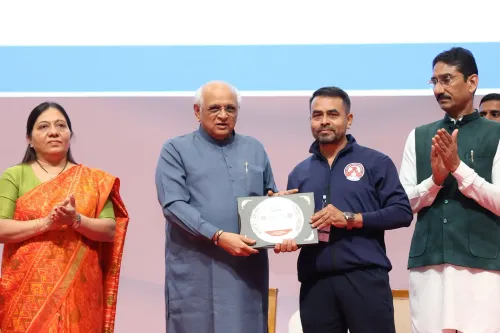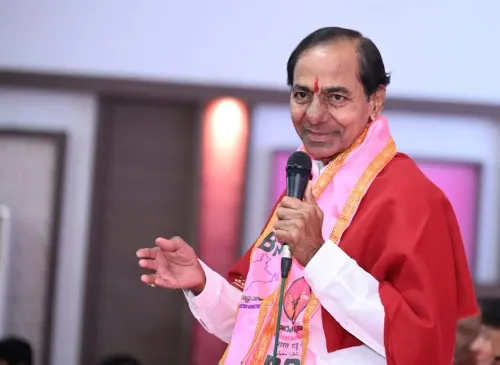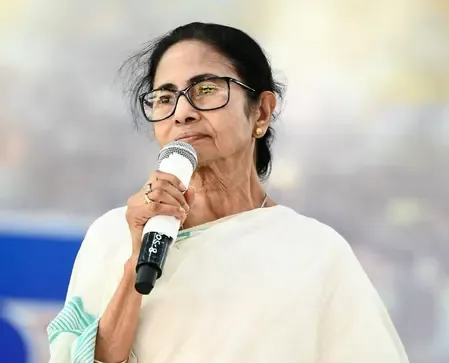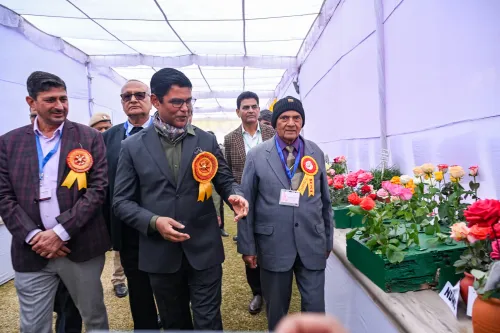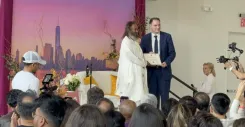What Decision Will the Telangana HC Make on CM's Petition to Quash Defamation Case?
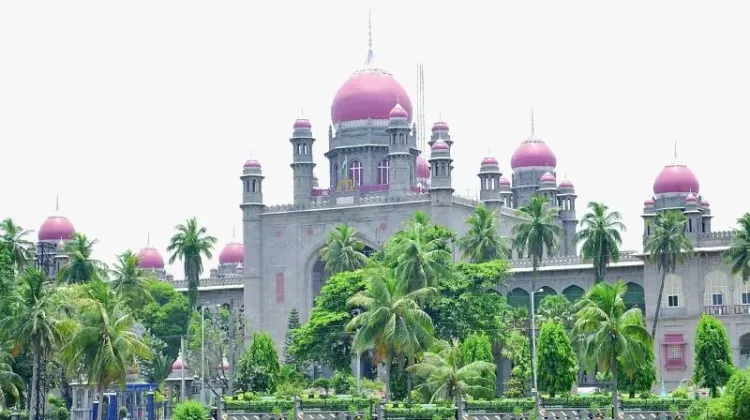
Synopsis
Key Takeaways
- The Telangana High Court is reviewing a defamation petition by CM Revanth Reddy.
- Allegations include making false statements about the BJP's electoral intentions.
- The court has previously exempted Reddy from personal appearances.
- The case raises questions about political speech and accountability.
- The outcome could impact future electoral conduct in the region.
Hyderabad, July 7 (NationPress) - The Telangana High Court has reserved its decision regarding Chief Minister A. Revanth Reddy's plea to annul a defamation case initiated by a BJP leader. This case stems from alleged derogatory remarks made during a public meeting in the Lok Sabha election campaign last year.
Justice K. Lakshman has withheld the ruling on the petition, which seeks to dismiss the defamation lawsuit filed against Reddy in the Nampally Special Court for People’s Representatives.
During a meeting at Kothagudem, the Chief Minister purportedly accused the BJP of intending to eliminate reservations if they gain power. He is also alleged to have shown a manipulated video of Union Home Minister Amit Shah.
BJP leader Kasam Venkateshwarlu lodged the complaint, alleging that Reddy made false claims about the BJP's plans to abolish reservations if victorious in the elections. Venkateshwarlu argued that the statements and visuals were designed to tarnish the party's reputation.
The petitioner provided audio and video evidence of Reddy's speech.
The case involves alleged violations under Section 499 of the Indian Penal Code (defamation) and Section 125 of the Representation of the People Act, 1951, which relates to inciting enmity among different classes concerning elections.
Claiming the case lacked substance, the Chief Minister requested the High Court to dismiss the proceedings and relieve him from compulsory court appearances.
Reddy's attorney informed the court that the comments were made in a political framework and should not be interpreted as defamatory.
In interim orders issued on April 25, the High Court had excused the Chief Minister from appearing personally before the trial court.
Last month, the High Court further extended interim orders benefitting the Chief Minister and halted any further action in the lower court.
The Chief Minister's alleged defamatory remarks occurred during the public meeting at Kothagudem in the Bhadradri Kothagudem district on May 4, 2024.
The complainant has accused Reddy of defamation and breaching electoral conduct regulations.


